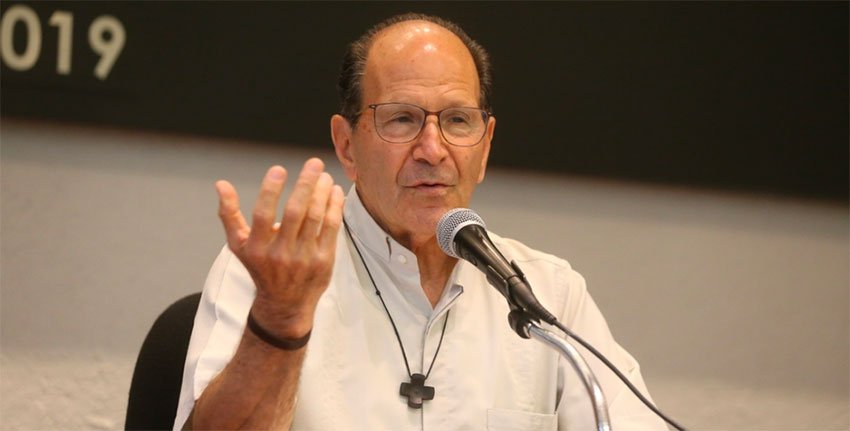Almost 200,000 undocumented migrants were arrested in March and April after crossing the Mexico-United States border between ports of entry, according to U.S. statistics.
United States Customs and Border Protection (CBP) said its officers detained 98,977 people in April and 92,831 in March for a total of 191,808 arrests.
In addition, 21,055 people who presented themselves at ports of entry in the two-month period were deemed inadmissible, CBP said.
Of the migrants arrested in March and April, 17,870 – or just over 9% – were unaccompanied minors, 111,679 – 58% – were members of a family unit and 62,259 – 32% – were single adults.
The total number of migrants who were either apprehended or deemed admissible at the border in April was up 79% compared to October, the month in which a series of migrant caravans began entering Mexico at the southern border.
CBP data shows that border apprehensions increased by nearly 40% in February compared to January, and by 39% in March. A 6.6% month-over-month increase was recorded in April.
The influx of undocumented migrants prompted the White House to ask Congress for US $4.5 billion in emergency funds at the start of May in order to cover humanitarian assistance and bolster security at the border, while on Thursday President Donald Trump announced that he will impose a new 5% tariff on Mexican imports to pressure the country to do more to stop the flow of migrants into the U.S.
After taking office in December, the Mexican government initially adopted a permissive approach to dealing with the tens of thousands of migrants who flowed into the country via the porous southern border.
In January, the National Immigration Institute (INM) issued around 13,000 humanitarian visas to migrants, allowing them to work in Mexico and access services for a period of 12 months.
The visas also allowed migrants to travel legally to the northern border to apply for asylum in the United States, an option that most chose to take up.

In February, the INM issued a few thousand additional humanitarian issues but the program then abruptly stopped.
Immigration sources told Reuters in April that near-daily pressure from the United States government had resulted in the secretariats of the Interior and Foreign Affairs pushing the INM to adopt a tougher approach towards migrants.
Arrests and deportations have both increased in recent months but with unauthorized entries into the United States rising rather than falling, Mexico’s efforts have failed to appease Trump, who said that his proposed incremental tariffs on all Mexican goods will not be removed unless “the illegal migration crisis is alleviated through effective actions taken by Mexico.”
Mexican authorities say they have detained 74,000 undocumented migrants since December 1, of whom 53,000 have been deported.
President López Obrador dispatched Foreign Secretary Marcelo Ebrard to Washington yesterday to try to reach an agreement to stop the implementation of the tariffs.
Speaking yesterday at an international forum on migrants, refugees and human rights in Monterrey, Nuevo León, Catholic priest and migrants’ advocate Alejandro Solalinde claimed that Trump’s tariffs were designed to fund the U.S. president’s long-promised border wall even though American importers rather than Mexican exporters will pay them.
He also suggested that migrant caravans were funded by political interests, airing the conspiracy theory that prominent Democrat donor, businessman and philanthropist George Soros financed the exodus of Central Americans from countries including Honduras, El Salvador and Guatemala.
